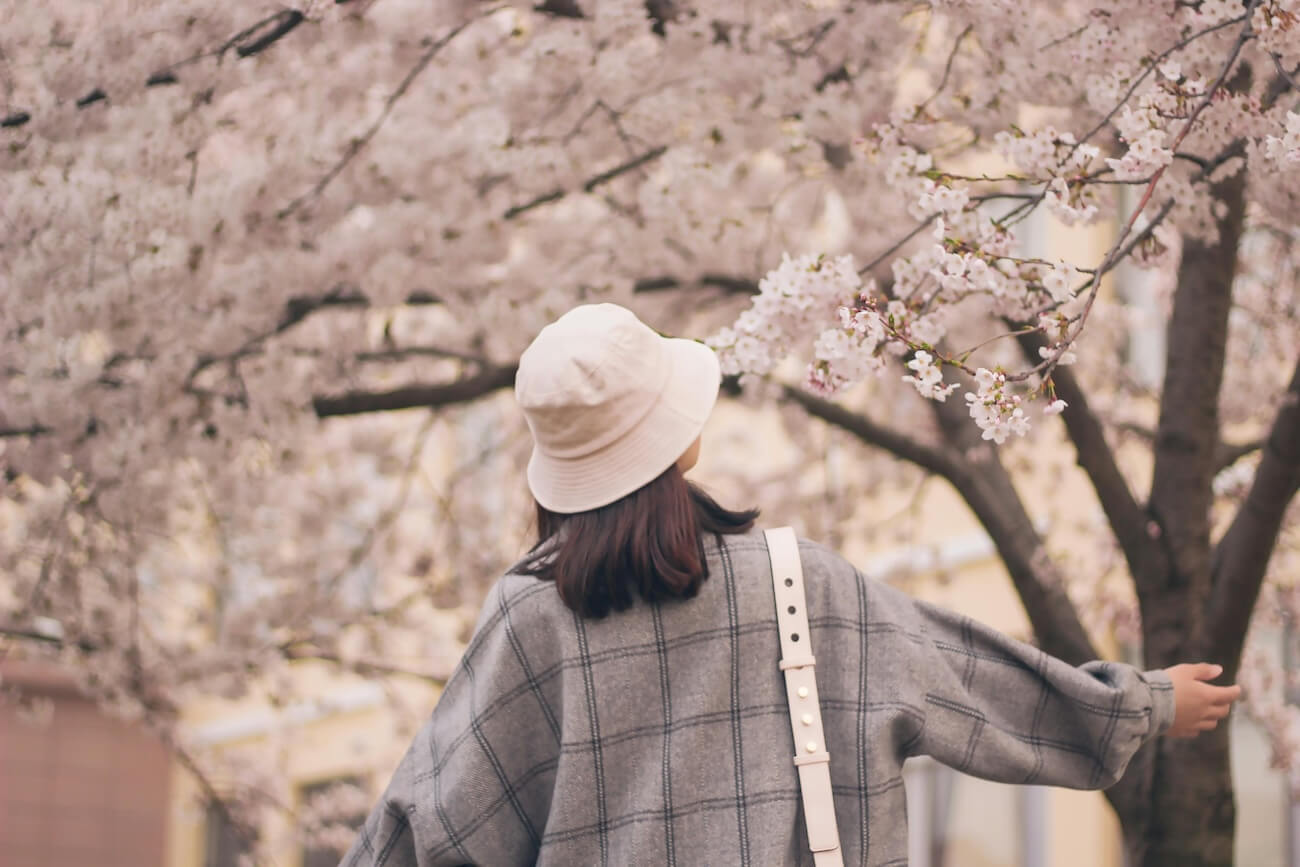
05 Jun 4 Ways to Cope with Reverse SAD
By Barbara Larson, LCSW
Seasonal affective disorder (SAD) is typically linked to wintertime, as the cold, short days make it easier to avoid the hustle and energy of the world beyond your door. When it’s miserable outside, spending more time indoors watching TV is less guilt-inducing. But there’s plenty of evidence to show that warmer, longer days are not positive for everybody. In fact, for some people, the changeover from winter to spring acts as a trigger for mental health issues, including depression and increased anxiety. So what’s happening here? Is spring depression—also known as reverse SAD—real? Depression in the Spring might be more common than you think. The National Institutes of Mental Health did a study showing that Spring is actually when the suicide rate hits its yearly peak. This peak lasts from the beginning of April to the end of May.
Springtime lethargy is defined as the state of fatigue, lowered energy, or depression associated with the onset of spring. The change in season can disrupt the balance of the body’s level of melatonin, which plays a role in sleep patterns and mood. Such a state may be caused by a normal reaction to warmer temperatures, or it may have a medical basis.
Some causes of springtime depression are physical, such as the stress on our bodies caused by daylight savings time shifts. Change is not easy for many people and the time change can exacerbate the difficulty transitioning to darker mornings and lighter evenings. Another physical cause can be springtime allergies and the misery that can come with them. Aside from the physical impact of springtime, depression that occurs as we shift from winter can have very real psychological roots. If you’re someone who takes comfort in holing up indoors during the coldest months, freed from expectations that you’ll be particularly social or productive, losing that protective weather-related shield means facing up to societal expectations, real or imagined. A person with Social anxiety may be overwhelmed with invitations to parties, weddings or dinners out may feel overwhelmed by, and unprepared for, all the activity. Social media and seeing all the fun other people may be having can add to these feelings of anxiety.
Ways to cope with reverse SAD
1. Get outdoors.
Even if it’s only in your backyard, or going for a walk, enjoy the warmer sunnier weather that spring will bring. If you can’t get outdoors into the sunshine, try light therapy. A light lamp early in the morning can be very helpful in adjusting to the darker mornings in early spring. Using light therapy can help chase away the blues.
2. Acknowledge and normalize that change – even positive change – can be hard.
Give yourself a break when you’re feeling frazzled by the change of scenery and environment that spring brings.
3. Remember that everything is cyclical – you’ll have good days and not so good days.
Just because you feel depressed now that spring has arrived does not mean the feeling necessarily will continue all through the season. You’ve weathered hard times before and come through them.
4. Talking to a therapist, if needed, is important, particularly one who specializes in cognitive behavioral therapy.
CBT helps clients recognize patterns of thought or behavior that are unhelpful and contribute to anxiety and depression, then teaches them to change those patterns. By recognizing destructive patterns that arise in the spring, patients can take control of their mental health before they reach crisis mode. Whether you seek telehealth or in-office therapy, it’s important to get help if you need it.
About the Writer
Barbara Larson, LCSW is a Licensed Clinical Social Worker in New Jersey. She practices at Verne Psychotherapy and Wellness LLC. Barbara has over 40 years of clinical experience, providing psychotherapy to tweens, teens, and adults in various settings. In addition to therapy, Barbara enjoys providing Clinical Supervision to therapists who are provisionally licensed. Barbara utilizes Cognitive Behavioral Therapy (CBT), Motivational Interviewing, and evidenced based techniques to help her clients.
Verne has multiple therapists with a wide range of expertise treating anxiety, depression, trauma, and beyond. Verne accepts people of all cultural, racial, and sexual backgrounds. We serve clients ages 12 to 65+. We have an in-person office in Montclair, New Jersey and also can see patients virtually. To get matched with one of our therapists, please call our office at 862-330-1727 ext 3

